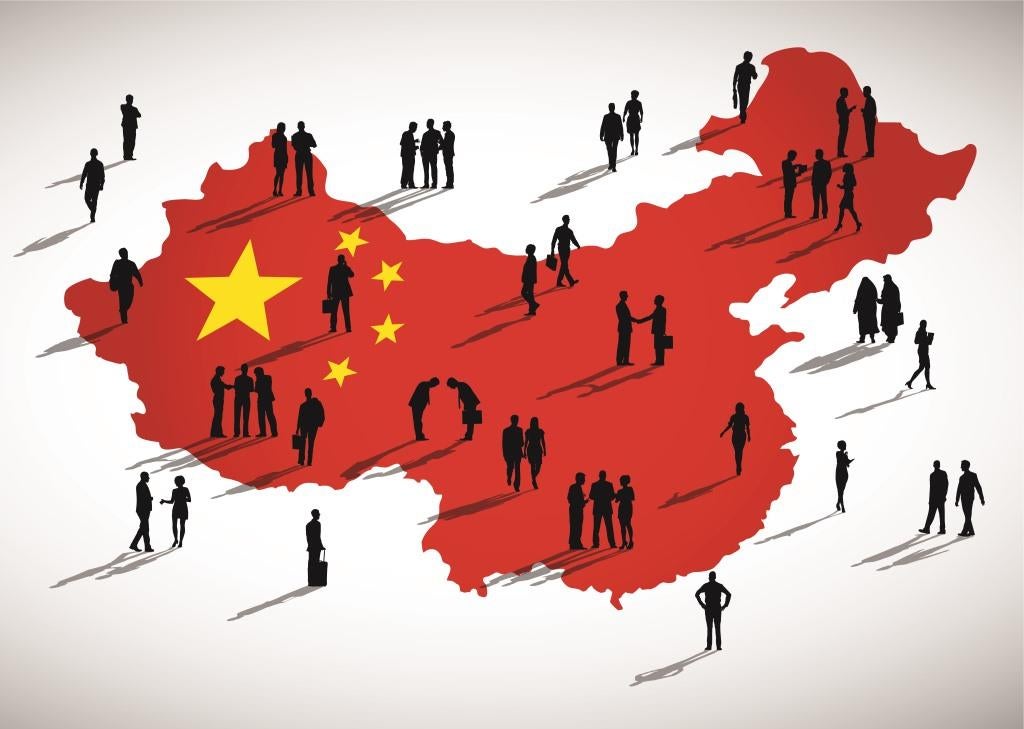As the Chief Scientific Officer of Vidasym, Ruth Wu-Wong has a hand in the development of two new drugs for chronic kidney disease and osteoporosis, with both in the clinical study stage.
Having conducted one trial in Australia for VS-505 (a novel phosphate binder derived from GRAS substances), one trial in the U.S. for VS-105 (a novel vitamin D receptor agonist), and another trial with a partner in China for VS-105, Wu-Wong has amassed experience shipping active pharmaceutical ingredients (APIs) and drug products among different countries.
In this Industry Viewpoint, Wu-Wong offers considerations to sponsor companies looking to conduct trials in China, and the challenges she’s come across.
Jisong Seo: What would be the hottest topic for conducting trials in China?
Ruth Wu-Wong: A lot of people are interested in China as it is an emerging market with big market potential. We have a partner in China who works closely with the Chinese Food and Drug Administration (cFDA). Over the last few years, the cFDA has made significant changes in policies and guidelines. And now, the cFDA’s new policies will seek to:
- Accelerate the review and approval of new drug and medical device applications
- Deregulate the conduct of clinical trials to encourage innovation
- Enhance post-market supervision throughout a product’s entire lifecycle
- Protect the rights of innovators
In the U.S., for example, when one submits an IND and doesn’t hear from the U.S. FDA in 30 days, it’s accepted that the IND application is adequate, and a phase I clinical trial can be started. In China, it used to be that a “permit” needs to be granted before a clinical study can be started. Now, if one submits an IND in China and doesn’t hear from the cFDA in 40 days, it is considered that the IND application is acceptable.

US Tariffs are shifting - will you react or anticipate?
Don’t let policy changes catch you off guard. Stay proactive with real-time data and expert analysis.
By GlobalDataJS: How has China streamlined their processes, from a regulatory point of view?
RW: The cFDA now accepts clinical study data from other countries. For example, in the past, a drug needed approval elsewhere before the drug could enter China. Alternatively, the sponsor might have China as a part of a multicenter clinical trial after the drug has at least been tested through phase I elsewhere. Or the sponsor would conduct a China-specific phase I study. The new guidelines allow a company to apply for a new drug approval using data from international, multicenter trials with China included as one of the study sites; there is no need for China-specific trials.
JS: What is the biggest challenge in shipping materials from one country to another?
RW: We have had some experience of making APIs in China and importing them to the U.S., which can sometimes be challenging, especially if the API needs to be kept frozen all the time. It is important to have a shipping company that specializes in dealing with APIs and drug products with special requirements. For example, if the API that needs to be kept frozen is detained by customs, the shipping company may be able to access the storage area to provide dry ice to the package so the API won’t go bad.
JS: What is the biggest challenge in Packaging and Labelling?
RW: It depends on the phase of the clinical trial. When one moves to a later phase of the clinical study, one may need to use an aluminum foil/PVC heated-sealed blister pack. It is much more involved and expensive than shipping the drug product in bottles. It’s important to select a suitable CMO that can help you make the transition. In the IND, the sponsor must provide a label for the drug product, which can be amended when the situation changes.





